Writing can be a powerful tool for self reflection and growth. By assembling stressful memories into a cohesive story, you allow your mind to process and, ultimately, move on from troubling experiences in the past. Moreover, writing enables people to share their experiences and insights with others — a process that can facilitate empowerment, acceptance, and support for both writer and reader.
Over the past few months, Peers Envisioning and Engaging in Recovery Services (PEERS) has re-launched an anthology blog website called The I’m Good Campaign. I’m Good was originally created in 2014 as a way to share wellness tips and stories of recovery within the mental health community. To date, over 80 people have contributed prose, poetry, artwork, music, videos, and more to the site.
Several of the I’m Good contributors have been Transition Age Youth (TAY), including two from PEERS’ TAY program and a TAY PEERS staff-member. We encourage those involved in the the No Stigma No Barriers collaborative to contribute their own stories to the I’m Good Campaign.
PEERS is a proud partner of the No Stigma No Barriers project. This project aims to improve mental health outcomes and reduce stigma for Transition Age Youth in California. Along with Youth in Mind, California Youth Connection, and Young Minds Advocacy, PEERS has been a project partner since September 2017.
Want to send your story? Email us at im-good@peersnet.org or visit im-good.com to learn more.
Here are the current TAY-authored contributions to the campaign:
I’m Good Because Art Saved My Life & It Can Save Others
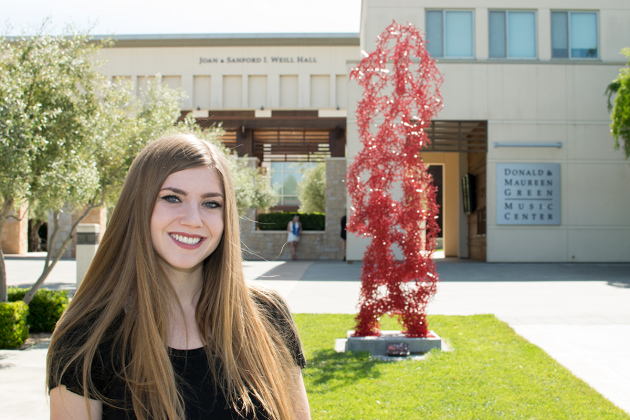
Kellie Gillespie – Sculptural artist (https://www.kelliegillespie.com)
I’m good because Art can save lives.
My work, mostly sculptural, focuses on issues specifically associated with mental health, as well as the concepts of recovery and being a survivor. I embrace the controversial subject matter of mental illness and explore the problematic place it holds in society. I share extremely personal physical and mental obstacles in my work that I have endured and conquered, and pay homage to those who were less fortunate in their attempts at recovery. I discuss the functionality of the mind as it struggles to persevere and make sense of the reality the body is forced to live in.
I’m unashamed to admit that art has saved my life, and through this discovery I have uncovered the importance art has in our worldly existence. By making pieces that voice matters of mental health, I disregard all notions of contemporary society that have deemed this topic wrong and socially uncomfortable. I’ve discovered that almost every person in this world has either personally experienced a mental health challenge, or has been affected by it in some way or another. Through the artwork I create, I attempt to break the negative connotations surrounding mental health and allow those who’ve suffered, or are suffering, to reach out and finally have a chance to talk about their experience.
I’m Good Because of Self Acceptance and Self Advocacy
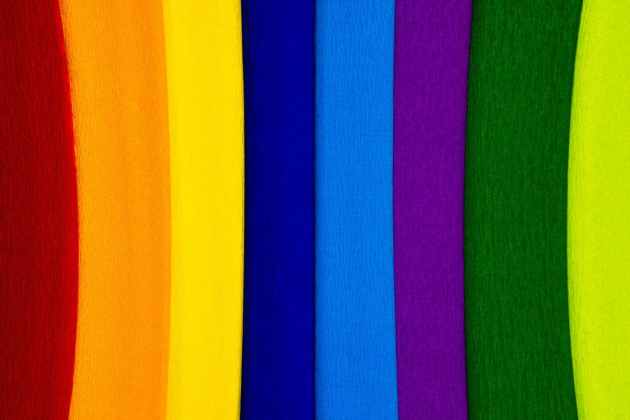
Posted Anonymously
Identity and inclusion are the two most difficult things for members of the LGBT+ community. In recent years, we have seen a growing social movement for LGBT+ social equality. Within this movement, numerous members of the LGBT+ community have confronted the invisible dictators within their notebooks by openly speaking out about their personal struggles. These acts of advocacy have not only increased awareness towards the community, but also tolerance and understanding. Members of the LGBT+ community openly advocating by confronting the dictators within their notebooks has made me feel included as a bisexual male, which ultimately has helped me accept my own true identity while also helping me “stay good”.
Before coming out as bisexual, I had a difficult time coming to terms with my true inner identity. As a child in elementary school, I would find myself having crushes not only on girls but also on boys at school. A part of me felt as if it was not normal, but I did not truly understand what it meant in terms of being queer until middle school. In sixth grade, my innocence was slowly shaved away as inappropriate jokes were an obvious staple of my middle school’s culture. Within these jokes were a mix of homophobic ones, which made me feel a larger sense of taboo and stigma towards being queer. By this time in my life, I had gained a better grasp of what my sexual orientation was and what it meant, and I felt as if it meant that I was lesser and invaluable.
Therefore, I would spend all three of my middle school years trying my best to hide this side of me. Besides my interest in boys, I would also try to suppress my naturally bubbly and slightly flamboyant personality. At times, I even found myself in strong denial of my reality, and would try to trick myself into believing that I was merely straight. All of the self-questioning and confusion that I experiences led those three years of my life to be some of the darkest that I have ever lived.
Despite all of the inner conflict of my middle school years, I had personal idols that helped me stay somewhat hopeful in my future as a queer male. In sixth grade, I had stumbled upon a Youtube video blogger by the name of Joey Graceffa. His daily videos would include clips of his day to day life with occasional serious ponderings on his life. I quickly became fascinated by him as he was naturally exuberant and flamboyant; however, despite all of the negative comments made to him because of his personality, he was still extremely comfortable and proud of himself as a whole. In middle school, what I saw in Graceffa was what I strived to see in myself. Another idol of mine was Ellen Degeneres. I loved and still love her continual mantra of love and acceptance, especially in terms of being queer. Her coming out story was especially empowering for me as she was a Hollywood personality with so much to lose; however, she persevered and decided to come out anyways despite the potential risks. I hoped to one day achieve the self-positivity that she held on a daily basis.
Once I entered high school, I began to become more exposed to members of the LGBT+ community within my own life. Since Lowell is such a large and diverse school, it was not a surprise to me at all that I would meet and get to know other queer people. Just as some of my queer idols have inspired me by their self-acceptance and self-worth, it was just as inspiring to see teenagers around me be just as positive towards themselves and their own lives. In addition, it was amazing to know that being a queer teenager may truly not be as bad as I had envisioned. This helped me break down some of the internal barriers that I built for myself. Within my first semester at Lowell, I found myself acting more in line with my true personality and identity, and it was extremely liberating. I found myself more and more comfortable with myself as my friends accepted me just the same, which had me consider the possibility coming out. As second semester of freshman year came, I came to a realization that coming out to my friends would be a good step to finally realizing my true self, and I eventually did. The first few friends that found out accepted me unconditionally and helped me fully accept that my reality truly is not a bad one.
When people advocate through confronting the dictators within their notebooks, it may cause others with mutual experiences to feel connected and included. This not only pertains to the LGBT+ struggle, but can also pertain to today’s other social justice issues, and it rightfully should. If we increase advocacy for all social justice issues, we can become more aware of them and extend our empathy to those affected, which will ultimately lead to growing feelings of connection and inclusion.
I’m Good Because I Enjoy Drawing and Painting
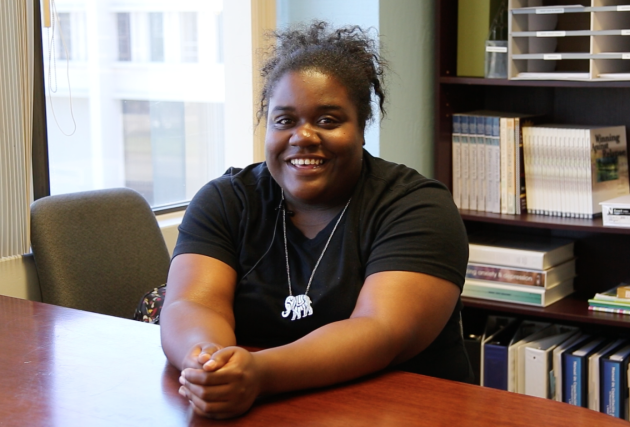
DeAnna Atkins – No Stigma No Barriers Transitional Age Youth (TAY) Youth Board Member
I’m good because I get to draw and paint to relax. It was a few years ago when I realized that the things I would draw looked decent enough to present. Then I started painting. Ever since then, I’ve enjoyed drawing and painting for others.
I’m Good Because My Family Is My Support System
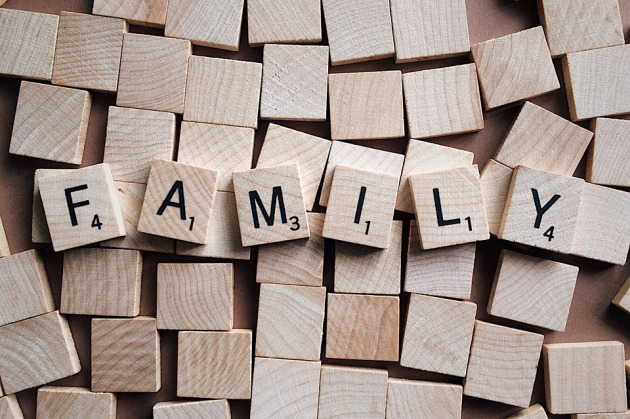
Gabby Davis –No Stigma No Barriers Transitional Age Youth (TAY) Youth Board Member, Photo Credit: Pexels
I’m good because I have family. I see my mom every other Saturday and my aunties are coming to pick me up for Christmas. My family is my support system. I would be lost without them. My mom is my best friend.
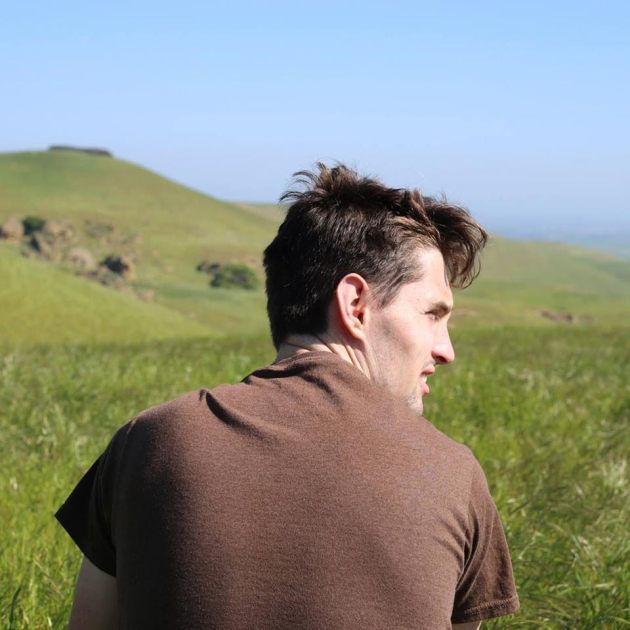
Patrick Glass – PEERS Communications Coordinator
My relationship with running has blossomed, gradually, across the better part of the past decade. I started slowly: jogging the mandatory mile in my elementary school P.E. class. By the time I was 12 or 13, I was running around my neighborhood to improve my stamina for soccer. In high school, however, I took an extended hiatus from running by myself – mainly because of how busy and full my life felt during that period, with new responsibilities, friends, school work, and sports to keep in balance. In retrospect, perhaps that was the period of my life where running would have helped me the most.
It wasn’t until I got to college that running became a regular part of my daily routine. Stuck in the bitter New England winter, I needed an outlet for my restless energy and an excuse to get outside. I soon found myself addicted to my new practice. Running was no longer a hobby, it was now a habit. On days when I didn’t run, I felt disappointed in myself – as if I had neglected to complete the bare minimum of maintaining and expressing my own vitality.
These days, running is an essential aspect of keeping my life focused and on course. I use it almost as a ritualistic self-tune-up: a time to examine my thoughts, emotions, and body for inefficiencies or imagined aporias. On days when I don’t run, I still sense pangs of regret and elusive subsurface disorder permeating my being.
Running has taught me a lot of things: discipline, routine, the importance of breathing correctly. But the most important lesson it has imparted is the mysteriously reciprocal relationship between pain and pleasure.
If you’ve never tried running for your own wellness before, I highly recommend it. The science is indisputable on this one. Running makes you happier, smarter, more focused, and can add years to your life. All it takes is 25-40 minutes, 5-6 days a week. Lace up your shoes and get out there! You won’t regret it if you stick with it.
The I’m Good Campaign is administered by PEERS’ Lyndsey Ellis, technical support by Patrick Glass.

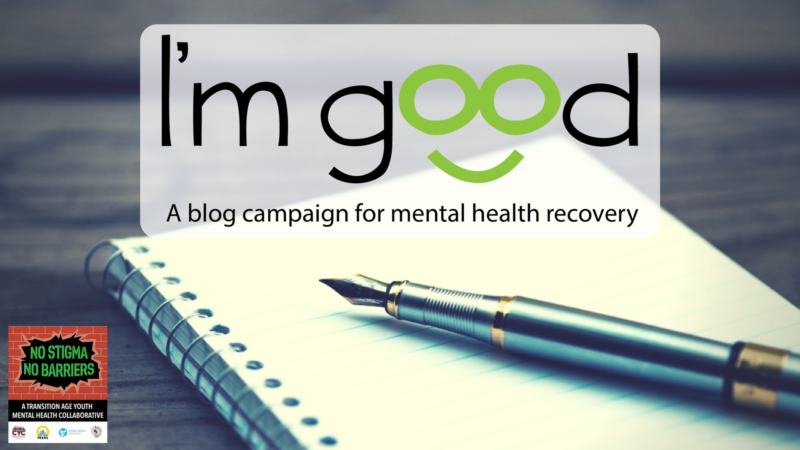




Kitap Alabileceğim Siteler Web Kitap